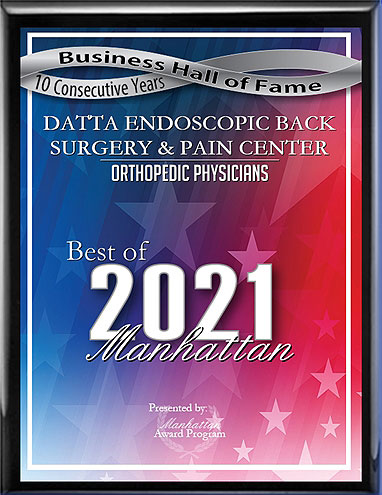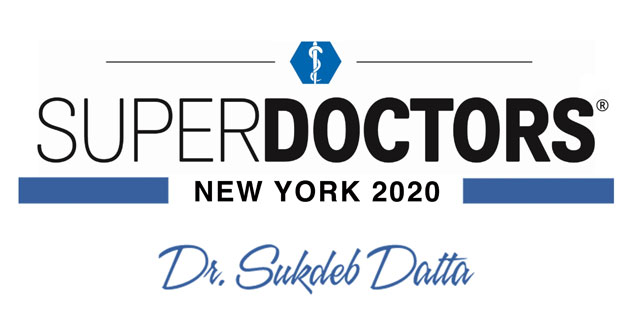Meta description: Looking for information about the risks associate with disc decompression surgery? This article explains...
If you suffer from a herniated disc or a bulging disc, you understand how significant the symptoms can be for your quality of life. Disc decompression surgery is often used to treat disc problems in the spine. As with any surgery, there are some risks of disc decompression surgery, as we will explore below.
Types of Disc Decompression Surgery
There are two main types of disc decompression surgery: traditional, open back surgery and laser spine surgery. During open back surgery, the doctor makes a large incision and peels away muscle, skin, and bone from the spine. In order to decompress the disc, the doctor may remove some of the vertebral bone. To compensate for the loss of bone, two or more of the discs may be fused together using screws or rods.
During laser spine surgery, the doctor accesses the spine through tiny incisions near the affected disc. Through one incision, a laser probe is inserted. A camera is inserted through the other incision, so that the doctor can see the inside of the spine. The laser is used to dissolve the herniated or bulging part of the disc. In most cases, it is not necessary to perform major procedures like removing or augmenting part of the vertebrae.
Risks of Disc Decompression Surgery
There are inherent risks of disc decompression surgery regardless of which type of surgery is used. In either type of surgery, the majority of patients do not experience side effects, and side effects that do occur are usually mild.
Potential side effects include:
- Bleeding
- Blood clots
- Nerve damage
- Failure to resolve symptoms
- Adverse reactions to anesthesia
- Infection at the surgical site
- Paralysis (very rare)
- Death (very rare)
The risk of most side effects is lower with laser spine surgery than with traditional spine surgery. Because the surgical incision is so much smaller, the risk of bleeding is much lower. Because there is no hospital stay, the risk of infection and blood clots is lower. Because conscious sedation is used, the risk of adverse reactions to anesthesia is lower. Because the tools used are so precise, the risk of nerve damage or serious complications such as paralysis is extremely low.
If you suffer from chronic back pain, Dr. Sukdeb Datta would be happy to meet with you about your spinal health. To schedule your consultation today, please click below and enter your information or call the Datta Endoscopic Back Surgery and Pain Center at (212) 430-0312.






 EDISCSCULPT
EDISCSCULPT



